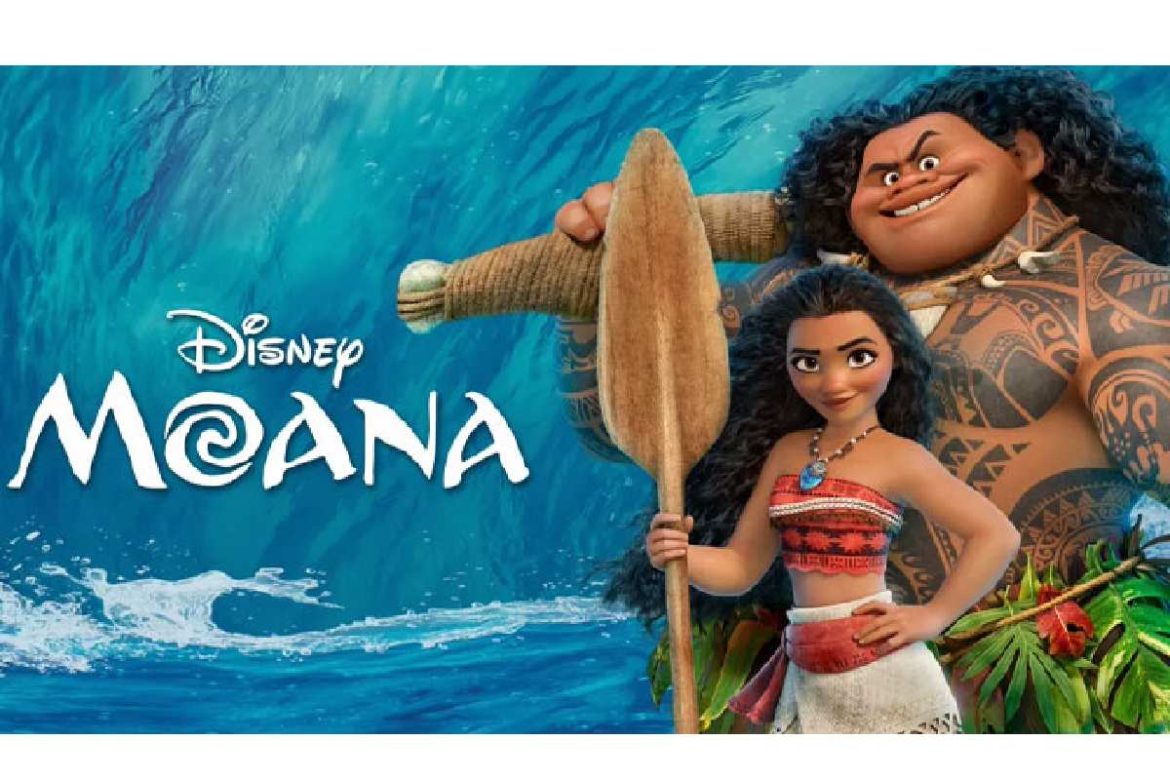In early 2025, The Walt Disney Company faced a significant legal challenge when animator Buck Woodall filed a $10 billion lawsuit, alleging that Disney’s films “Moana” and its sequel “Moana 2” were based on his original screenplay titled “Bucky.” Woodall claimed that he had shared his materials with a Disney-affiliated executive, leading to the unauthorized use of his concepts in the films. However, a federal jury ultimately ruled in favor of Disney, determining that the creators of “Moana” had no access to Woodall’s work.
Table of Contents
The Allegations
Buck Woodall, an animator and writer, asserted that in the early 2000s, he developed a screenplay called “Bucky,” centered around a young protagonist from a Polynesian village embarking on a quest involving oceanic adventures and encounters with mythological beings. He claimed to have shared this material with Jenny Marchick, then the director of development at Mandeville Films, a company with ties to Disney. Woodall alleged that Marchick requested additional materials, including character designs and storyboards, under the pretense of assisting in getting the project greenlit. He believed that these materials were subsequently used without his permission in the development of “Moana” and “Moana 2.”
The Lawsuit
In his lawsuit, Woodall highlighted several similarities between his “Bucky” project and Disney’s “Moana” film. These included the setting in ancient Polynesia, a teenage protagonist defying parental guidance to embark on a sea voyage, the presence of a demigod with a magical hook, and animal companions. He also highlighted specific scenes, such as a perilous whirlpool leading to another realm, which he claimed were directly lifted from his work. Woodall sought $10 billion in damages, representing 2.5% of the gross revenue from the “Moana” franchise, and requested a court order to prevent further alleged infringements.
Disney’s Defense
Disney firmly denied the allegations, stating that the development of “Moana” was an original creation by directors John Musker and Ron Clements. The company emphasized that the film was inspired by Polynesian mythology and culture, with the creators conducting extensive research, including trips to Fiji, Samoa, and Tahiti. Disney’s legal team argued that the elements cited by Woodall were familiar tropes and not subject to copyright protection. Furthermore, they contended that there was no evidence that anyone involved in the creation of “Moana” had access to Woodall’s materials.
The Verdict
After deliberating, a federal jury in Los Angeles ruled in favor of Disney, concluding that the company did not infringe upon Woodall’s copyrights. The jury determined that there was no substantial similarity between the works and, crucially, that Disney’s creators had no access to Woodall’s “Bucky” materials. This verdict effectively dismissed Woodall’s claims regarding the original “Moana” film.
Ongoing Legal Actions
Despite the unfavorable ruling, Woodall continued his legal battle by filing a separate lawsuit concerning “Moana 2,” released in November 2024. He alleged that the sequel further infringed upon his “Bucky” screenplay, citing additional similarities and claiming that the new film’s content was also derived from his original work. As of now, this lawsuit remains pending, with Disney yet to respond formally to the latest allegations.
Implications
This case highlights the difficulties of intellectual property law, particularly in the entertainment industry, where ideas and themes frequently overlap. While creators have the right to protect their original works, proving infringement requires clear evidence of access and substantial similarity between the original work and the alleged infringing work. The outcome of Woodall’s lawsuits may influence how studios and creators approach the development of new content and the importance of thorough documentation and legal safeguards.
As the legal trials continue, the industry watches closely, recognizing the delicate balance between inspiration and infringement in creative endeavors.


